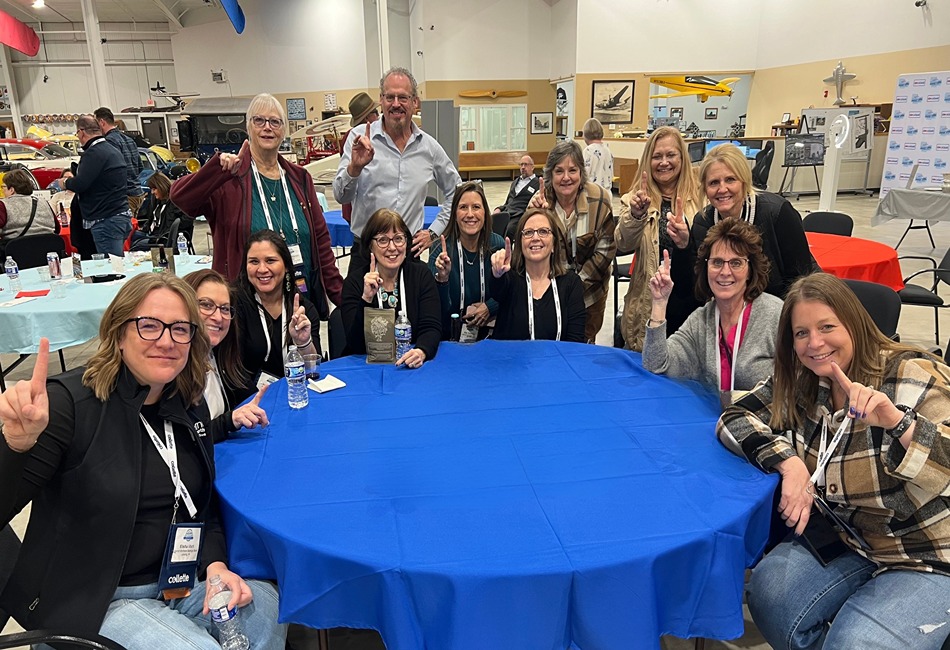Keeping customer loyalty is one of the greatest challenges in the tour business. This can be especially difficult if your tours are offered elsewhere on the market for the same quality or price. It used to be if a client liked or trusted you as an individual, it would be enough to win and hold on to their business. But in today’s more competitive and educated travel marketplace, that’s often insufficient.
Now, clients must not only like and trust you, but they must also see you as an expert in the tour business —and that’s just to make the initial sale. To retain your client’s loyalty, you must also develop relationships across the client’s organizations—broadly and deeply—to ensure that you maintain your reputation even if your primary contact leaves the company.
There are three aspects to a customer relationship that lends itself to strong customer loyalty.
1. Build Personal Rapport
In sales, the personal relationship is perhaps one of the most well-known and traditional sales techniques. Before a customer moves forward to do business with you, they must like and trust you as the face of your company. That means balancing your personal relationship with the client with your transactional relationship with the client.
When you call on a client, is it always about reordering, upgrading, or some other conversation that requires the client writing a check? If so, you’re heavy on the transactional relationship and constantly asking for money, which is going to wear on the customer eventually.
Instead of focusing on the sale first, make the client feel like you care about them. I’m not talking about conversations about your kids, though that small talk is a great way to personalize the relationship. What’s more important is to make the client feel as though you care about his success. By cultivating a personal relationship with your client, you add intangible value to your services.
2. Build Business Rapport
Your personal relationship with the client is the first layer in developing loyalty, but today’s customer is much savvier than the customer of three to five years ago. Not only must they like you, but they must see you as a resource that will help them move their business forward and meet their goals. We call this building business rapport.
Establish yourself as a resource for your clients. Introduce them to potential customers or employees when you see a fit. Put them on a client advisory panel, asking their opinion and input, which will give them an intrinsic sense of ownership and investment in your company and service. Ensure that your company and you as an individual are participating in thought leadership, conferences, professional development, and other reputation-building activities.
Many studies have shown that around two-thirds of clients that leave a provider do so because they feel their company has become indifferent to their needs. Ensure that your clients never fall under that misconception by fostering a relationship outside the sales process.
3. Build Corporate Rapport
Don’t underestimate the power of not only having a good relationship with your main point of contact at an organization, but also having excellent rapport with other people within the organization. With the amount of turnover that most companies have, it’s a mistake to assume that a great and loyal contact within the organization will necessarily lend itself to a secure relationship with the client.
Consider this example:
A shipping services company had a multi-million-dollar contract with a customer. Problems cropped up when the main contact at the customer company, the vice president of operations, left the company.
When the new vice president came in, he did a complete review of services, including shipping, and because the shipping services company hadn’t developed multiple relationships within the organization, there was no advocate for their particular services. No one stood up and said to the new vice president that the provider’s shipping services were necessary to do their jobs. No executives considered them integral to the company. As a result, they were seen as “just a vendor,” ultimately losing $1 million of their contract to a competitor.
It’s wonderful to have a quality relationship with each of your clients, but don’t underestimate the value of quantity. People move on; give yourself the insurance of having established a reputation in multiple areas of your client’s organization.
By providing a superior customer experience with relationships that span your client’s entire organization, plus a sales process that shows you care about the customer and their business success, you can build client loyalty and stop worrying about whether a competitor might be chipping away at your customer base. In fact, you just might be able to start chipping away at theirs.






